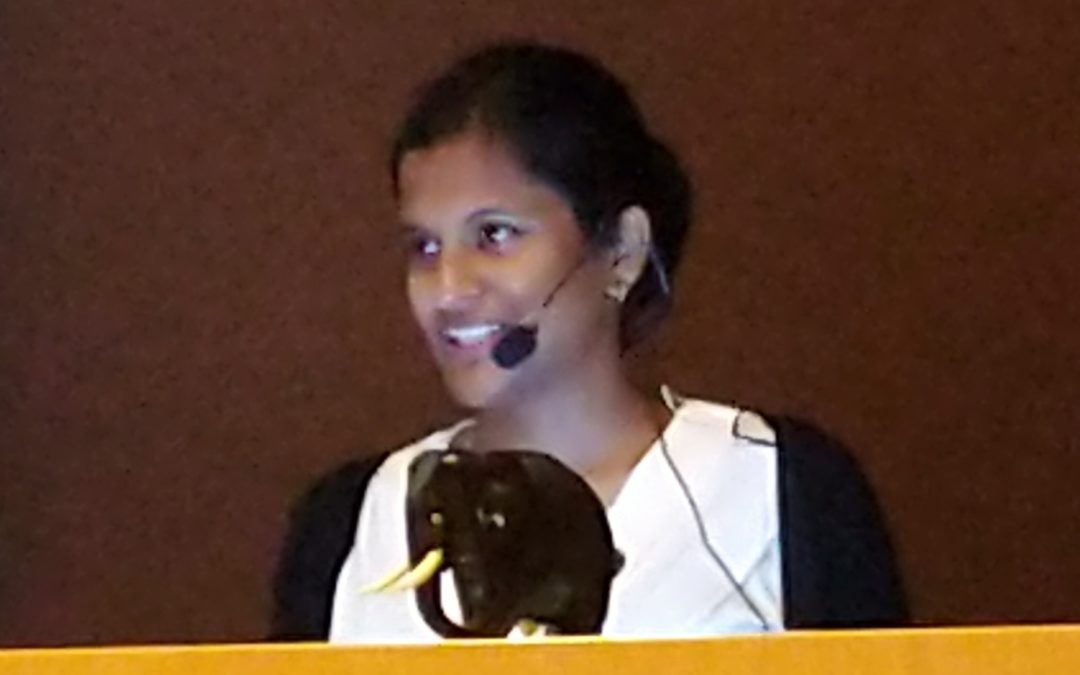
Oct 22, 2019
Dr Hashini Galappaththi-Arachchige defended her doctoral thesis where she explored the accuracy of different diagnostic tools. She found that we must find other methods to identify Female Genital Schistosomiasis. She described how river water contact is associated with genital symptoms in adolescent girls and young women in rural South Africa. ## Dean of University of Oslo Professor Borghild Roald leads the prossession, followed by Prof Charles King (Case Western University, United States), Prof Kyllike Christensen (Karolinska University Hospital, Sweden), Professor Annetine Staff (University of Oslo, Norway) and PhD Candidate Hashini Nilushika Galappaththi-Arachchige (Medical doctor, PhD) Sri Lanka/Norway/South...
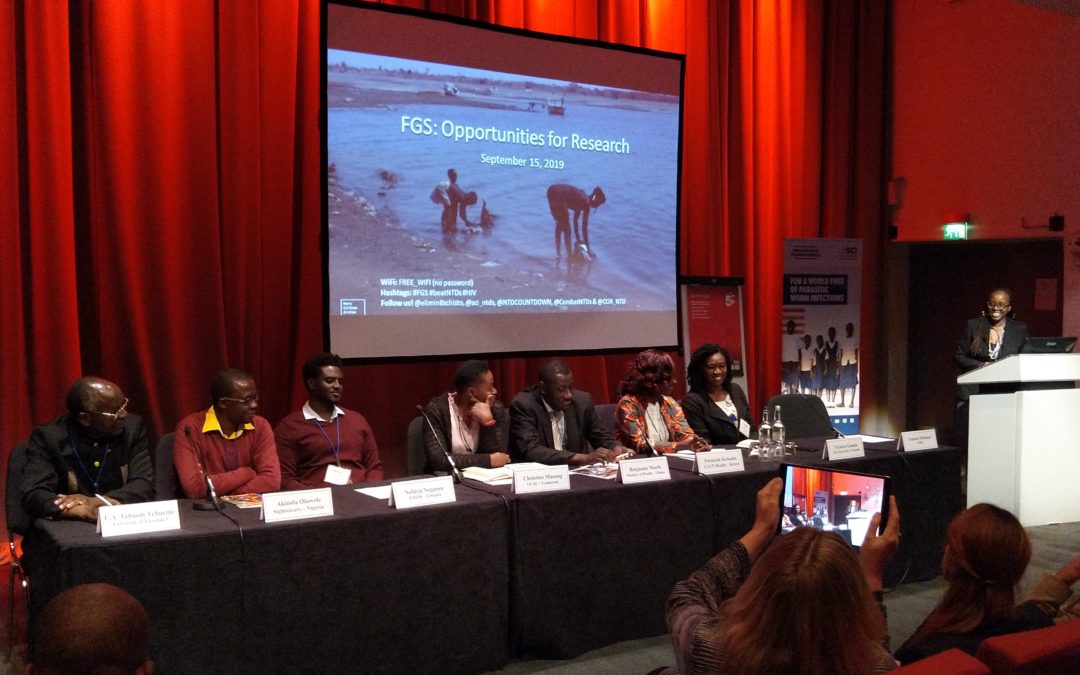
Sep 25, 2019
Patients with Female Genital Schistosomiasis (FGS) are not being diagnosed, neither in rural health care nor in university hospitals. We are on the brink of making FGS diagnosis accessible where the patients are: (a) the WHO Pocket Atlas for FGS has been given to every African country but for the Portuguese version, which is in press. (b) clinicians have started using or WHO Pocket Atlas for FGS. (c) the UNAIDS has invited FGS diagnosis, prevention and management into their clinics. (d) FGS has for the first time been incorporated into the health professionals’ curricula, starting with nurses’ curriculum in Ethiopia. (e) more than 400 gynaecologists have had it as part of their colposcopy training in KwaZulu-Natal, South Africa. Dr Pamela Mbabazi from the World Health Organisation leads a session on Female Genital Schistosomiasis. In the panel Professor Tchuem-tchuente and a group of...
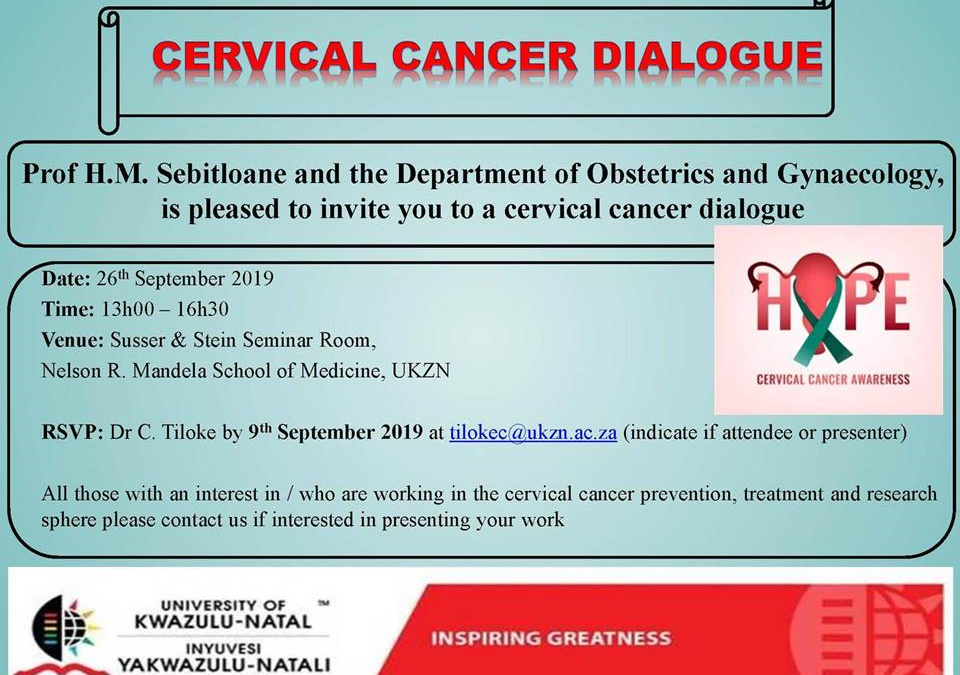
Sep 19, 2019
Prof Motshedisi has her work cut out for her with 3 epidemics in KwaZulu-Natal that contribute to cervical cancer: (1) Human Papillomavirus – we have a vaccine for children, this has been rolled out. (2) HIV – we have ART, this is available. (3) Schistosomiaisis – we can prevent it with Praziquantel in childhood, this is still needs to be managed....
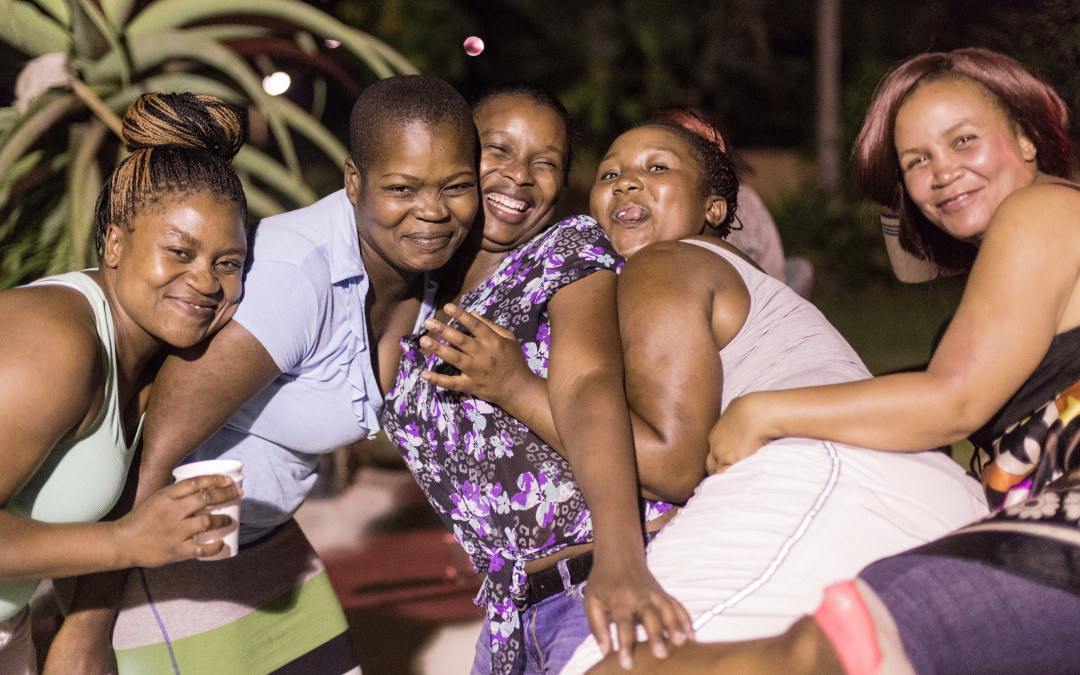
Aug 15, 2019
“I had no idea about this disease, I have given the wrong treatment to many young women, I am sure.” Nurse in Ugu District Nå ønsker vi å – finne beste behandling for småjenter, unge kvinner og voksne – hjelpe helsepersonell å gjenkjenne sykdommen, også langt ute på landsbygden New York Times har laget video om prosjektet Catching a disease Kontonr. 1503 82 57940 52 11 51 Skattefradrag* for: 500 – 50.000 kr [email protected] [email protected] Litt om sykdommen: Kvinner og småjenter på det afrikanske kontinent har unevnelige symptomer fra en sykdom som gjør dem sårbare for HIV. Verken helsepersonell eller pasienter kjenner til sykdommen. Nærmere 200 millioner mennesker er smittet med parasitten, som overføres ved lek og klesvask i infisert ferskvann. Parasitten er årsak til en kronisk tilstand med organskader, redusert lære- og arbeidskapasitet. En hittil lite påaktet plage er sår, skader og slimhinneforandringer i underlivet hos jenter og unge kvinner. BRIGHT er en forskningsorganisasjon som arbeider særlig med Kvinnelig Genital Bilharzia, en forsømt vannbåren sykdom som kan forveksles med seksuelt overførte sykdommer. BRIGHT ledes av norske og sørafrikanske forskere, men samarbeider med mange. Her ses Dr Pamela Mbabazi (Verdens helseorganisasjon), Gynekolog Velda Mushangwe-Mtisi (Zimbabwe), Dr Sheila Mabote (Mozambik) og Dr Bodo Randrianasolo (Madagaskar) som lager lomme-atlas for helsepersonell. *hvis du vil ha skattefradrag må du levere personnummer/ organisasjonsnummer til BRIGHT på mail, papir, telefon, sms, messenger, whatsapp eller...
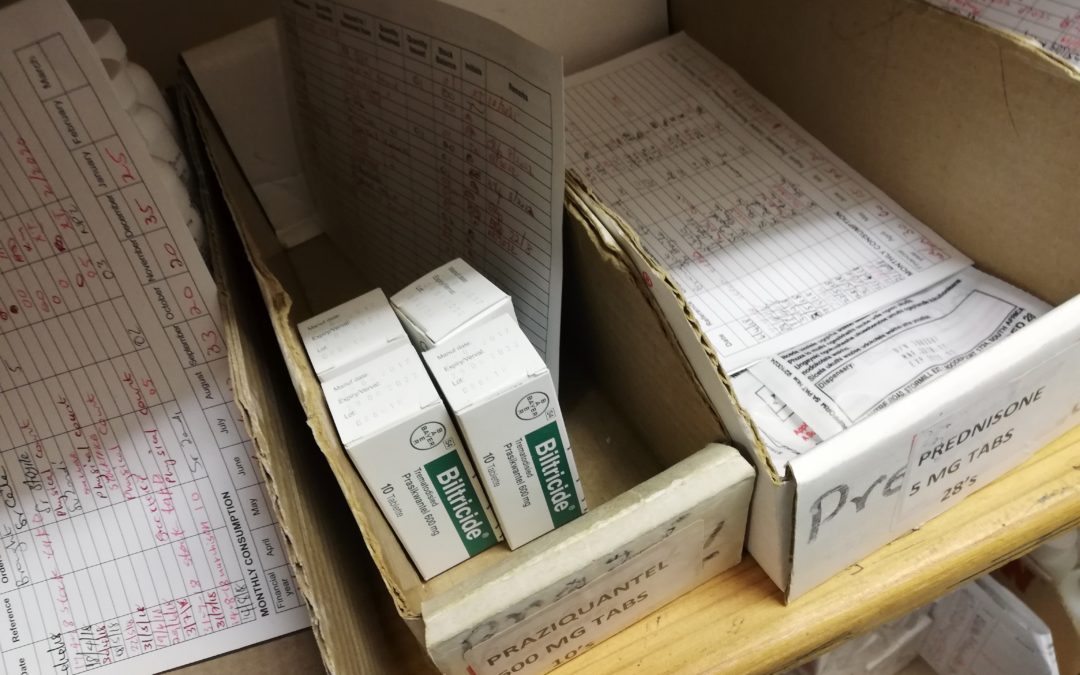
Feb 24, 2019
Only 40 tablets were available at this Primary Health Care Clinic – a typical quantity at any given clinic. This is only enough for 10 children! However, an estimated 5.1 million South Africans, mainly rural, are in need of treatment. In spite of severe morbidity and mortality, schistosomiasis remains a neglected disease, especially for girls and women. The World Health Organization recommends regular mass treatment of all school-aged children, and this has also been a South African policy since 2008, all should be treated. If given in childhood, tablets prevent and reduce the socio-economic impact if schistosomiasis. However, clinics will not be able handle the expected influx of...
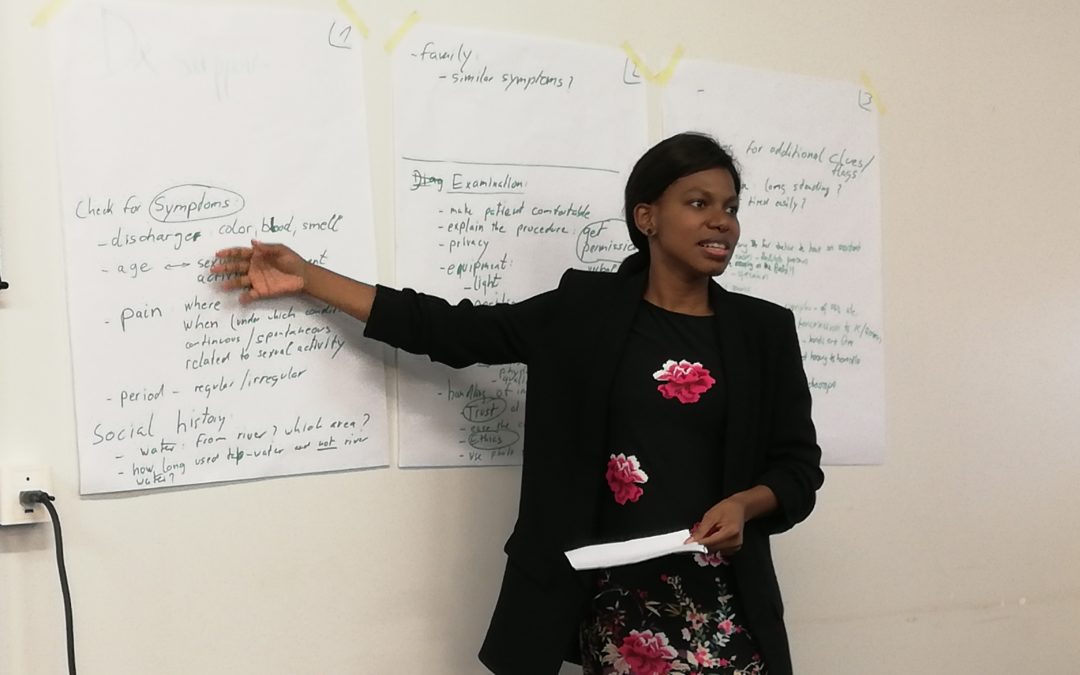
Feb 15, 2019
An international group held a workshop for key stakeholders from KwaZulu-Natal, expert researchers, and the Department of Health in order to co-design an eLearning application for health professionals, nursing students, and medical students. Here Dr Nompumelelo Ntshangase is...







